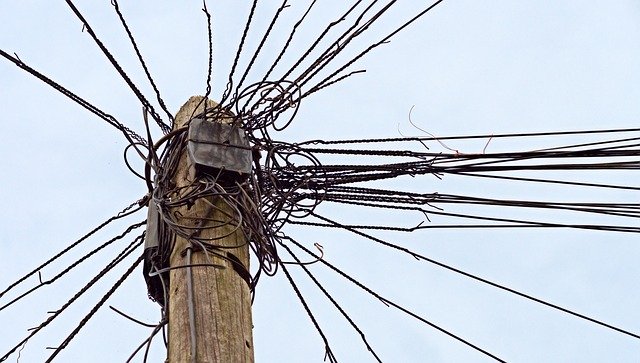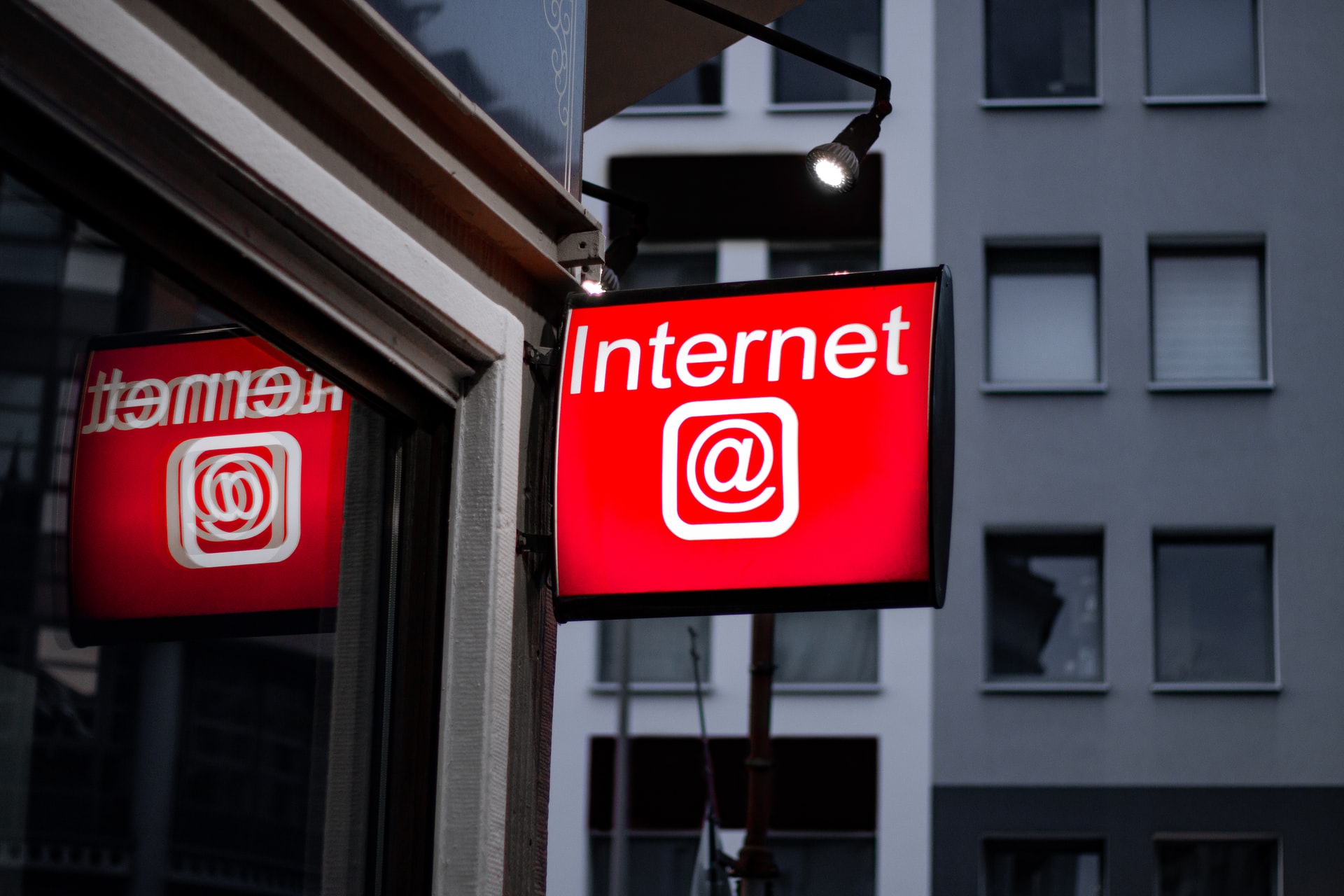One would think that signing up for an internet service is easy. However, service types are not made equally, and the benefits you can reap may depend on individual circumstances. Researching how they differ can be information overload as there are many factors to be considered. Speed is just one thing… But how about availability and price?
The abundance of choices can be a curse as much as it is a blessing. To make things less overwhelming, we are comparing two options, satellite and cable internet, side by side instead of plopping all the information you might want onto your lap in this article.
Regardless if you are a consumer or a business, you should be able to decide better seeing how these two fare in certain factors important to those seeking a dependable internet connection.
But before we get down to it, let’s see how the two differ in terms of operation.
How do satellite internet and cable internet work?
Save for a few equipment, the difference between how satellite internet and cable internet work can be night and day.
On one hand, you have a connection that shoots up information in space and might be the future of further, stronger connections if recent announcements of investments are proof.
On the other, you have a trusted service that connects millions of people around the globe, with cables working underground. Everything stays on the planet, to put it in other words.

Satellite internet is named after the satellites that follow the earth’s orbit in space. With it, you will need a satellite dish that is responsible for sending signals above the earth’s domain, which should then be sent to your service provider in order to fulfill your internet-related requests. The beams travel at the speed of light, and so can travel great distances almost instantly.
Meanwhile, cable internet is a terrestrial service. Your modem sends and receives information through underground cables. Transmitting data this way is generally faster than DSL, and even more so than dial-up. Cable internet commonly uses copper wires, which is the same as what is used on cable TV. Usually, it can come in a bundle with a home phone or cable TV.
Cable internet is widely available in most densely populated areas and often competes with fiber internet for customers. Because everything is kept on the planet, connections suffer less latency than the alternative. With more customers, cable internet is undoubtedly the more popular option of the two.
But is satellite internet receiving less attention than it deserves? Let’s figure that out together by comparing aspects that are most important to customers, both individuals and companies alike.
Comparing satellite and cable internet
Availability
If you live in a city, chances are, you are well familiar with cable internet and not so much with satellite internet.
While many people in cities would prefer cable, it should be remembered that it still is not available for a significant part of the United States [1] and even the world. Almost half of the world’s population are still offline, partly because the underground cables for this technology is not available in remote areas.
In some areas, the choices are limited to satellite internet, DSL, or maybe even dial-up. Mobile data may be practically nonexistent.
Availability is satellite internet’s strongest advantage. Live somewhere isolated? So long as you have your satellite dish, you can stay connected.
The common saying is, as long as you have a view of the clear sky, you can go online using a satellite — this includes being in the middle of the sea and while being on the move with perhaps an RV. The signals are sent to space anyway and are not dependent on any form of a physical wire.
Reliability
As a rule of thumb, terrestrial connections are more reliable than wireless alternatives. Direct connections are not too affected by changes in the weather, any form of obstruction, and so on. Meanwhile, satellite dishes should be installed with optimum performance in mind. That means considering the appropriate orientation and coordinates so that it can seamlessly send and collect data traveling from space.
However, cable internet is not as ideal as it may seem on paper; it still is a case by case basis. Service interruptions can occur anytime, and some companies have more reputation for being less dependable than others.
Sometimes, fixing worn or interrupted underground cables can cause prolonged slow internet or even a stop in operations in general. When you depend on the Internet for, say, your business, instances like this can be frustrating.
Satellite internet is its own kind of reliable. Sure, latency may be a problem because wireless signals that are traveling to space and back can be affected by physical obstructions and even sunspots. But satellites enable a user to connect virtually everywhere.
In the case of natural disasters, underground cables might suffer but not the space satellite hovering above the equator. As long as your dish is intact, you can go online and perhaps seek emergency services when time is of the essence.
Speed
Cable internet is able to offer faster speeds than satellite internet. The former is slower than fiber internet but is still a popular option for many households. However, distance to your service provider and peak hours of Internet usage can cause noticeable effects on internet speed. Bandwidth is shared among subscribers, and speed can be throttled.
As we have mentioned before, a common critique against satellite interest is great latency, which happens because of the distance internet signals have to travel. It may be negligible in basic internet tasks, such as using social media, but not in uploading videos and gaming where a lower ping is beneficial. There can be delays that might spell a loss in your game.
However, satellite internet speed is not throttled when more people are using the service, and there are also steps you might want to look into that can improve ping time anyway. It is also worth it inspecting service providers for data capping that they have set to manage your expectations.

Cost
The average cost for satellite internet is understandably more costly than cable internet. After all, you are taking advantage of a satellite in space to get high internet speed. If you exceed your cap, you will have to pay for more data. There is also a matter of acquiring your own satellite dish and having a professional install it.
Meanwhile, cable internet does not have the added cost of a satellite dish. There is more competition too, which can lead to lower prices. However, in the case of the United States at least, prices are in no way uniform. Bundles can vary significantly among states. Because of this, location is not only integral to performance but also to price.
Conclusion
For those in densely populated areas, subscribing in favor of cable internet instead of satellite internet might not even be a question. But in rural areas, it might not be the case. Sometimes, it is the only option, but that does not mean it does not fare well against cable.
There are certain advantages, like having wider coverage than underground cables, disregarding bandwidth shared among different subscribers and staying online even in the case of natural disasters. However, with convenience also comes cost and more equipment, compared to the simple installation of cable internet.
Essentially, it all boils down to what matters most for you. Is it availability, reliability, speed? It might also be unwise to quickly dismiss satellite internet, especially when exciting developments are brewing.









Comments